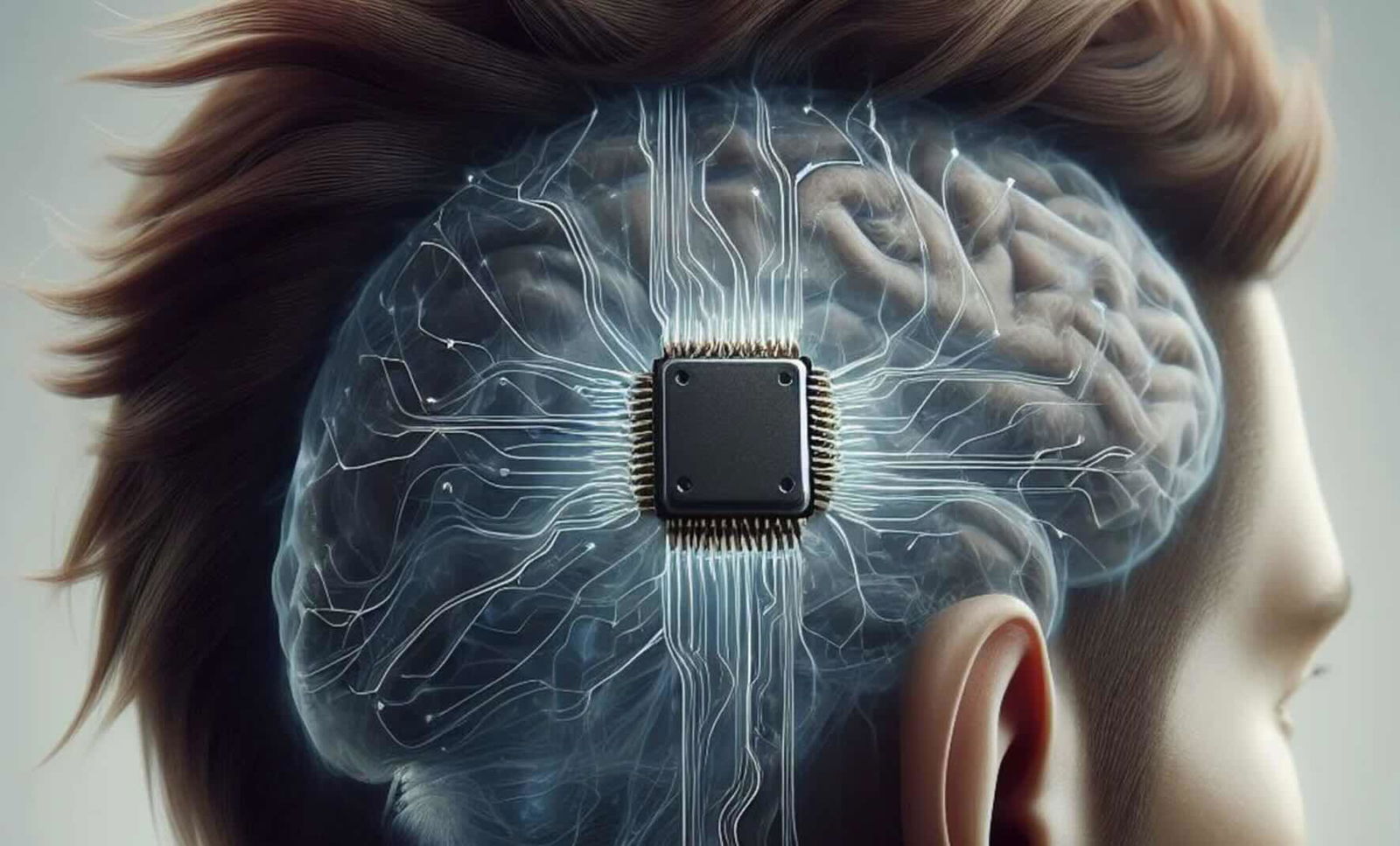Brain-computer interface company Neuralink recently announced that it had been approved to launch a new study using its brain chip implant and an experimental robotic arm.
In recent months, Neuralink has been conducting its PRIME study to evaluate the safety of its wireless brain-computer interface and surgical robot. The study focuses on patients with quadriplegia and tests the implant’s ability to enable control of devices with thought alone.
“We’re excited to announce the approval and launch of a new feasibility trial to extend BCI control using the N1 Implant to an investigational assistive robotic arm,” the Neuralink team stated on X, the social media site owned by Neuralink founder Elon Musk.
“This is an important first step towards restoring not only digital freedom, but also physical freedom. More info to come, but the CONVOY Study will enable cross-enrolling participants from the ongoing PRIME Study,” the statement added.
On January 29, 2024, Noland Arbaugh became the first human to receive Neuralink’s brain implant, “The Link,” as part of clinical trials. The 30-year-old, paralyzed from the shoulders down after a diving accident, volunteered for the groundbreaking procedure.
Since then, the implant has given him what some describe as “cyborg” abilities, enabling him to control technology—including playing Mario Kart and Chess—using only his thoughts.
However, Neuralink has encountered some unexpected challenges. Earlier this year, the company reported that Arbaugh faced medical complications, including the retraction of some threads connecting the interface to his brain.
Since that time, Neuralink claims they implemented a fix and have made adjustments to Arbaugh’s chip algorithm to correct the issue.
More recently, the company has opened a patient registry and is looking for potential patients who have limited or no ability to use both hands due to cervical spinal cord injury or amyotrophic lateral sclerosis (ALS).
With Neuralink quickly moving into other countries for testing, Health Canada approved the company for trail testing last week. Canada’s University Health Network announced that its Toronto facility has been chosen for the complex neurosurgical procedure.
Chrissy Newton is a PR professional and founder of VOCAB Communications. She currently appears on The Discovery Channel and Max and hosts the Rebelliously Curious podcast, which can be found on The Debrief’s YouTube Channel on all audio podcast streaming platforms. Follow her on X: @ChrissyNewton and at chrissynewton.com.

